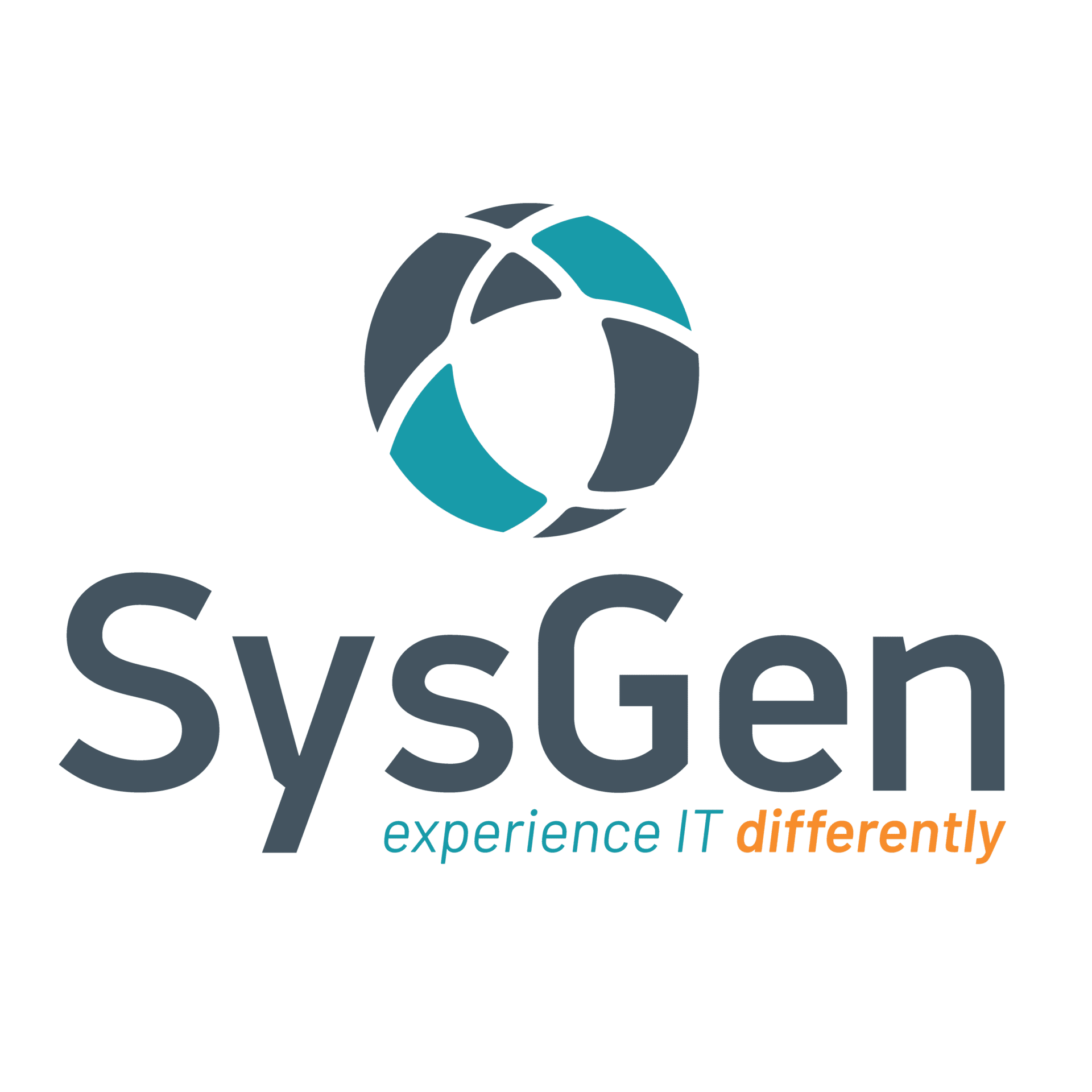Table of Contents
Emerging Technologies: What’s Trending in 2024
Staying ahead of the curve is imperative for businesses to maintain their competitive edge in their industries. As we settle into the first few months of the new year, decision-makers must be aware of the latest emerging technologies and innovation trends poised to make a significant impact.
In this article, we will delve into everything from Artificial Intelligence (AI) and Machine Learning (ML) to Edge Computing, 5G Technology, Quantum Computing, Augmented Reality (AR) and Virtual Reality (VR), Blockchain and Cryptocurrencies, to Internet of Things (IoT) Innovations, to explore their potential implications for businesses and how we can leverage them to optimize operations and efficiency.
Artificial Intelligence and Machine Learning
Artificial Intelligence (AI) and Machine Learning (ML) continue to be at the forefront of technological innovation. A lot of businesses want to optimize AI for their gain. Further advancements in AI algorithms can enable more sophisticated automation, predictive analytics, and personalization across various industries. Companies can save time by optimizing automation, obtaining accurate data from analytics, and continually upgrading personalization for their employees and stakeholders. Further, generative AI promises to combine multiple features to support various avenues, including text and image generation or synthesized data.
Machine Learning models are becoming more efficient and accurate, driving improvements in areas such as:
- Natural language processing
- Image recognition
- Anomaly detection
Businesses can optimize this to save time and costs in software usage and outlier detection in day-to-day operations.
Al and ML Advancements
One key trend to watch out for is the democratization of AI and ML technologies, which allows users with no specialized AI and technical knowledge to use AI, empowering them with the benefits and opportunities this technology has. This will open the gates for business owners who are not in the technological sector to optimize AI for their organizations. As tools and platforms become more accessible and user-friendly, enterprises of all sizes will be able to harness the power of AI to enhance decision-making, streamline operations, and deliver better customer experiences.
Edge Computing
Edge computing is a distributed computing framework that brings enterprise applications closer to data sources such as IoT devices or local edge servers. Edge computing, if implemented properly, can deliver strong benefits, including faster insights, improved response times, and better bandwidth availability for the businesses that implement them.
Many enterprises are attracted to Edge Computing, as it is set to revolutionize data analytics, processing, and storage. By bringing computation and data storage closer to the source of data generation, Edge Computing minimizes latency, improves scalability, and enhances security. Businesses that require critical real-time data processing for decision-making and operational efficiency will soon see the adoption of Edge Computing solutions, and this may appear in healthcare, manufacturing, retail, and more.
5G Technology
The rollout of 5G Technology in 2019 unlocks a new era of connectivity, enabling faster data transmission, lower latency, and greater network reliability. Widespread adoption of 5G across various industries can drive innovations in areas such as:
- The Internet of Things (IoT)
- Augmented reality
- Autonomous vehicles.
The increased bandwidth and speed offered by 5G enables business growth in multiple ways, and will fuel the development of immersive experiences and enable the seamless integration of IoT devices into everyday life. The seamless integration will allow businesses to operate seamlessly and increase efficiency in the organization.
Quantum Computing
Quantum computing, the study of non-classical models of computation, uses specialized technology that includes computer hardware and algorithms that take advantage of quantum mechanics — to solve complex problems that classical computers or supercomputers can’t solve, or can’t solve quickly enough.
Quantum computing represents a paradigm shift in computational power, and while still in its early stages, this technology holds immense promise for applications in fields such as:
- Cryptography
- Drug discovery
- Optimization
The new year will bring continued advancements in Quantum Computing hardware and algorithms, bringing us closer to optimizing its transformative potential. Businesses are encouraged to keep Quantum Computing on the radar as it continues to develop in the near future.
Augmented Reality (AR) and Virtual Reality (VR)
Augmented Reality and Virtual Reality are poised to revolutionize the way we interact with digital content and the physical world. There remain steady and significant advancements in AR and VR technologies, driven by improvements in hardware capabilities and software development. From immersive gaming experiences to virtual collaboration tools and remote training solutions, AR and VR come together to form a digital world and will find applications across a wide range of industries, including:
- Gaming
- Education
- Healthcare
- Enterprise
This will help organizations that want to level up their technological advancements to leverage new opportunities and achieve their business goals.
Blockchain and Cryptocurrencies
Blockchain technology, best known for its role in cryptocurrencies, offers decentralized and immutable ledgers that have the potential to transform various industries, including finance, supply chain, and healthcare. Innovation will continue in blockchain solutions, with an emphasis on scalability, interoperability, and sustainability. Additionally, the rise of central bank digital currencies (CBDCs) and the growing acceptance of cryptocurrencies by mainstream financial institutions are indicative of the increasing adoption of blockchain technology. Businesses in the financial sector can adopt this for their operational optimizations.
Internet of Things (IoT) Innovations
The Internet of Things (IoT) continues to expand its reach, connecting devices and enabling data-driven insights across various domains. In the coming year, IoT innovations are expected to focus on interoperability, security, and edge intelligence. From smart homes and connected cars to industrial IoT applications, businesses can leverage IoT technologies to drive operational efficiencies, improve customer experiences, and unlock new revenue streams.
Staying Up-to-date with Tech Trends
The IT industry is poised for significant transformation in the coming year, driven by advancements in emerging technologies such as Artificial Intelligence and Machine Learning, Edge Computing, 5G Technology, Quantum Computing, Augmented Reality and Virtual Reality, Blockchain and Cryptocurrencies, and Internet of Things (IoT) Innovations.
Today’s decision-makers need to stay informed about these developments impacting the global economy and strategically leverage these technologies to stay ahead in today’s competitive landscape. Businesses may not know where to begin, but SysGen can help initialize the right steps to learn and potentially implement these trends into organizations. Connect with us today and start your technological journey!
Learn how SysGen can help you by contacting us today!
Get in touch with the SysGen IT team



